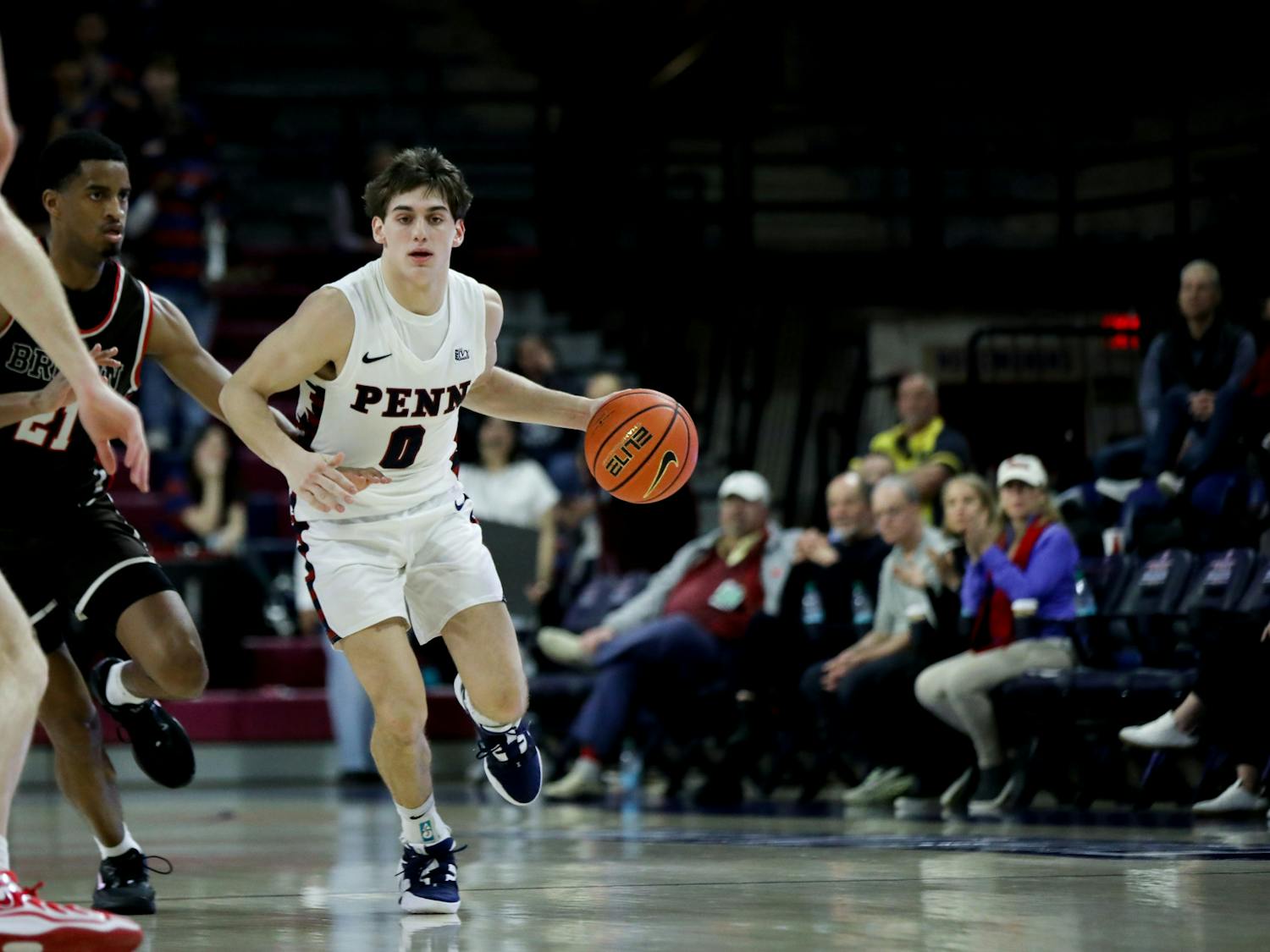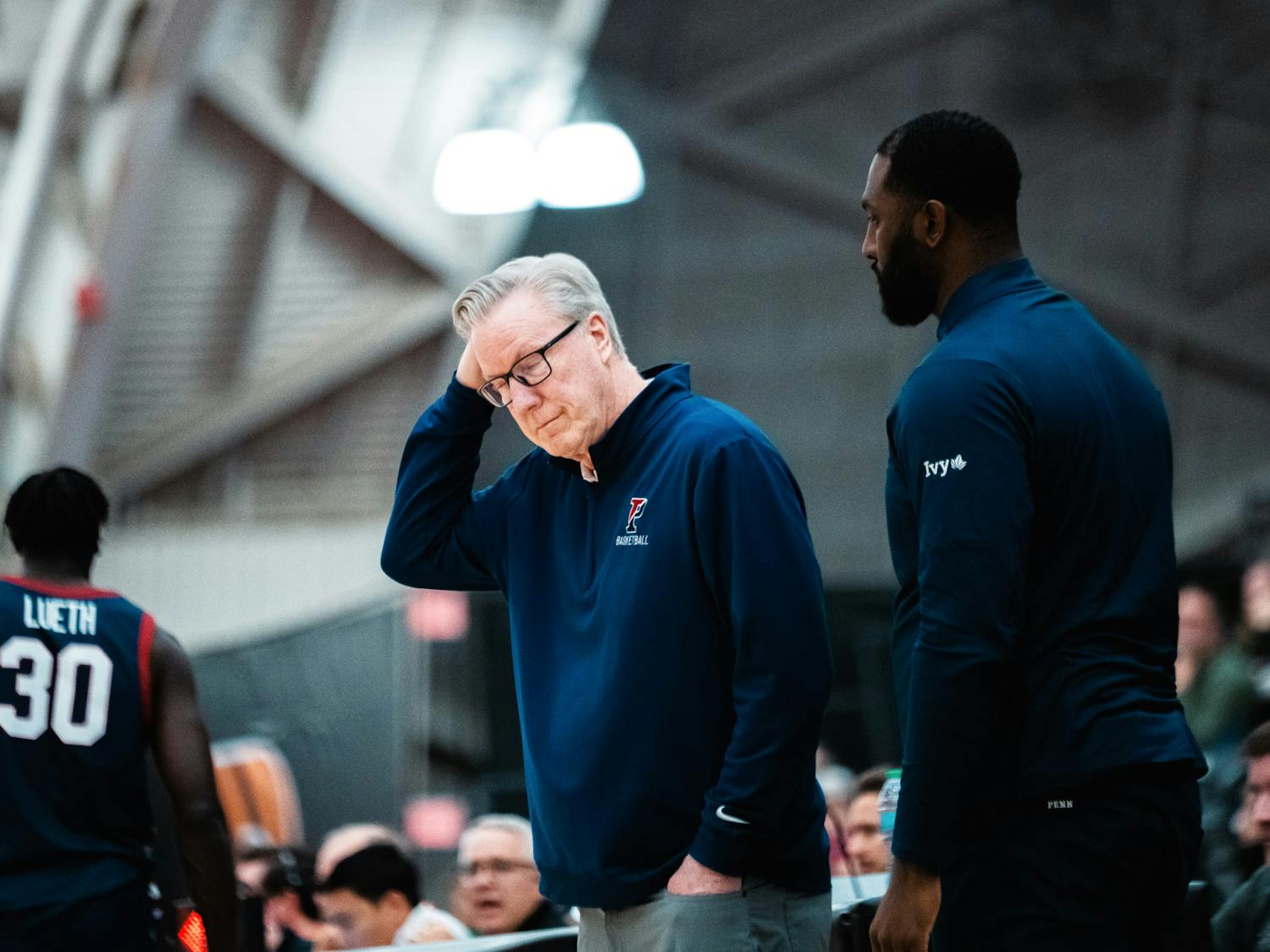Philadelphia's professional basketball and hockey teams both made the playoffs this year. While their playoff games were broadcast nationally, Penn students living on campus were unable to watch Philadelphia's sports teams on television for the majority of the year.
This is because the Penn Video Network does not carry Comcast SportsNet, which owns the rights to many of the Sixers, Phillies, and Flyers regular season games.
It may seem strange that the video network provided by Penn, a school with a strong commitment to athletics and a large body of Philadelphia natives, does not carry Comcast.
The PVN advisory board, consisting of students, faculty, and staff, regularly reviews popular channel requests. Channel additions have been based largely upon student demand, PVN manager Mayumi Hirtzel said, adding that Comcast is consistently one of the top two or three channels requested.
"We are very aware of the strong interest many residents -- not only students but staff and faculty as well -- have for Comcast SportsNet," she said.
PVN appreciates the demand for sports channels as a whole, offering both ESPN and ESPN2.
"Unfortunately, there are some major obstacles preventing us from delivering CSN," Hertzel said. "The key factor is that the PVN is a closed-circuit cable system, with no connection to other cable TV franchises."
This creates a problem because CSN is not currently available by satellite; rather, it is passed from one regional franchise to another, where the different cable plants intersect.
"Presently, we are unable to receive CSN and cannot deliver it to campus," Hirtzel said. "However, we are examining a plan to complete a fiber connection to the closest cable company; among other benefits, this could one day make CSN a possibility."
According to this plan, PVN's cable plant, which is currently closed-circuit, would essentially become "open-circuit," whereby the PVN plant would connect directly to, for example, Comcast Cable's plant, Hirtzel explained.
"That would allow PVN to tap into and pick up the programming that that company carries," Hirtzel said. "As it applies to this discussion, it would mean that PVN could then receive and redistribute Comcast SportsNet, for the associated broadcast fees."
While PVN is investigating the possibility of adding a fiber connection to a local carrier, the engineering involved in shaping their current cable plant into one that could properly accept the fiber feed is likely at least two to three years away, Hirtzel noted.
In addition to the structural problems, the broadcast fees are equally daunting.
"Adding CSN would represent a 20-to-25 percent increase in the programming costs for all cable channels combined," Hirtzel said. "As resident students do not pay for their cable services directly, it would be impossible for PVN to capture the additional cost for adding CSN."
Recognizing that some students are willing to pay additional fees for extra channels, PVN has begun to offer "premium-style channels," such as HBO. Hirtzel noted that a similar type of program could be used for future additional channels, such as Comcast SportsNet.
Indeed, adding Comcast remains a very real possibility.
"While both of these are significant challenges," Hirtzel said, "we do continue to examine possible solutions, and we look forward to one day featuring Comcast SportsNet in PVN's cable lineup."








